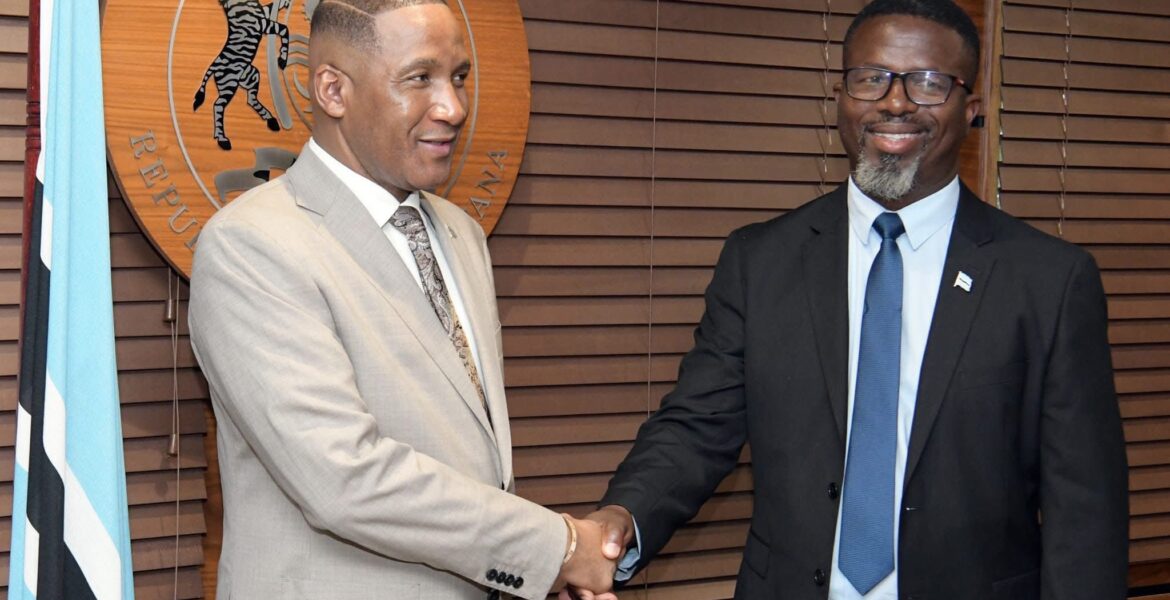Under the newly-appointed Director of Public Prosecutions, Kgosietsile Ngakaagae, cases involving former clients will either be delegated to other agencies or supervised without his involvement while any legal guidance in such matters will be referred to the Attorney General for final approval
TEFO PHEAGE
The recently appointed Director of Public Prosecutions (DPP) Kgosietsile Ngakaagae has outlined his approach to managing potential conflicts of interest arising from his previous work in private legal practice.
Responding to The Gazette, Ngakaagae emphasised the importance of transparency and adherence to proper procedures in all cases. The Attorney General will become the repository in situations where there may be a substantial risk of conflict.
“Where there is substantial risk of conflict by reason of close proximity to any client, such conflict is declared to the Attorney General and to the stakeholder (Investigating Law Enforcement Office/Agency) beforehand,” he said.
OWN DISCRETIONS
“The external agency (for example, the Botswana Police Service and DCEC) is then delegated powers to assess evidence and proceed to prosecution based on own discretions.”
Regarding part-heard cases from his private practice, he stated: “For part-heard cases that I have previously been involved with, such proceed to finality without review by myself. Same are supervised purely by unit and regional office head without my direct or indirect involvement.”
Requests for legal opinions or directions on matters affecting former clients will be handled thus:
ADOPTED WITHOUT AMENDMENT
“Where legal opinion or directions are sought from my office on a matter affecting a previous client, conflict is declared in writing, and such is referred to the Attorney General for his opinion, which is then adopted without amendment by my office as the official position,” he explained.
Veteran lawyer Dick Bayford has been appointed the new Attorney General, succeeding Nomsa Moatswi, who has gone to the judiciary. Like Ngakaagae, Bayford brings extensive experience in both public and private practice to the role and will be expected to play a key part in shaping the country’s legal and prosecutorial landscape.

